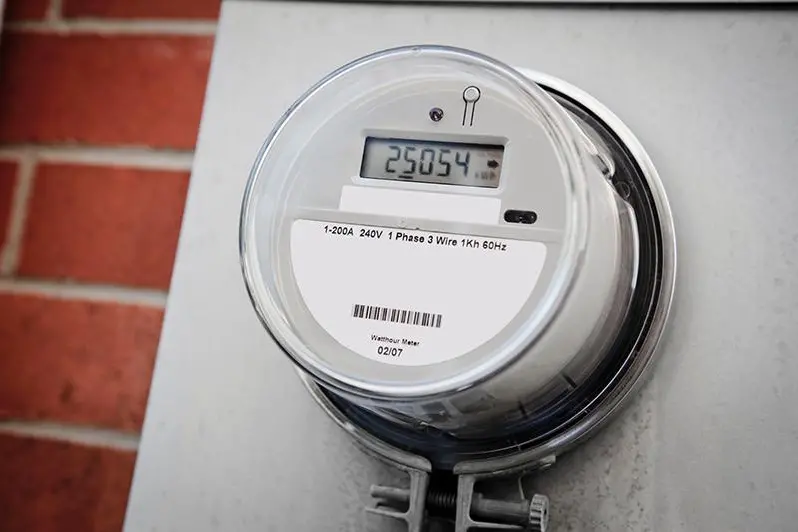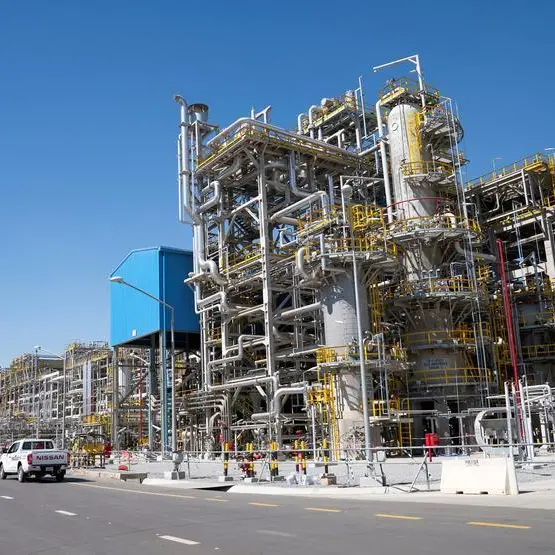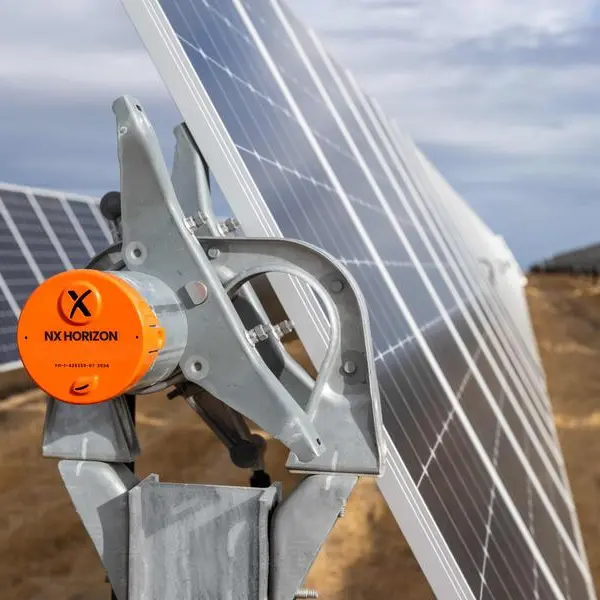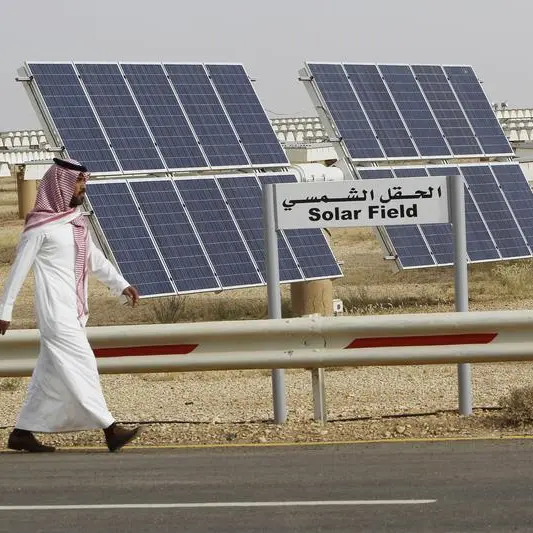PHOTO
A National Smart Meter Programme launched by the Authority for Public Services Regulation (APRS), in coordination with other sector stakeholders, envisages the installation of an estimated 1.2 million smart meters covering all electricity consumers by 2025.
The initiative – launched as part of the government’s digital transformation drive – is expected to deliver a number of far-reaching benefits to consumers, as well as the broader electricity sector.
For one, it will do away with physical meter reading – a practice long associated with faulty readings and inaccurate billings. As smart meters allow remote reading, consumer complaints related to erroneous billings are expected to be dramatically reduced, thereby contributing to a more efficient billing and collection system in the country.
As of end-2021, around 145,000 smart meters were installed across the Sultanate of Oman, according to the regulator. Included thus far in the coverage have been large customers, as well as new customers. As for existing customers, their old meters will be progressively replaced over the ensuing three years through to 2025, it said.
Responsibility for the installation of smart meters across their respective license areas is in the hands of the country’s five electricity distribution and supply companies - Muscat Electricity Distribution Company (MEDC), Mazoon Electricity Company, Majan Electricity Company, Rural Areas Electricity Company (Tanweer) and Dhofar Integrated Services Company (DISC) – all subsidiaries of Nama Group.
Significantly, smart meters helped measure half of all electricity consumed in 2021, said Nama Group in a report. Complementing this effort is the deployment of prepaid meters, around 126,000 of which have been installed at customer sites around the country as of end-2021. Together with other digital technologies deployed by Nama Group companies across their networks, smart and prepaid meters are helping boost efficiency across the wider sector, Nama Group stated.
“The year 2021 witnessed higher reliance on the technologies of billing & payment activities, which has made it easier for customers to receive and pay their bills electronically. In 2021, more than 88 per cent of all bills were sent to the customers by email or by SMS, which represents a more than 18 per cent increase from 2020,” said the state-owned holding group of power, water and wastewater service providers.
“In addition, the improvement of collection channels and electronic communication with customers combined with the prevailing movement restriction, lead customers to increase their utilisation of e-payment channels. As a result, more than 63 per cent of all collected payments from customers by the distribution companies happened via electronic channels like websites, mobile, payment machines, and banks,” it further added.
2022 © All right reserved for Oman Establishment for Press, Publication and Advertising (OEPPA) Provided by SyndiGate Media Inc. (Syndigate.info).





















